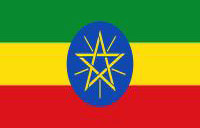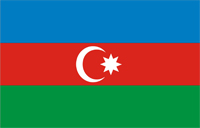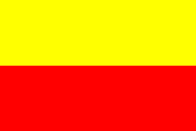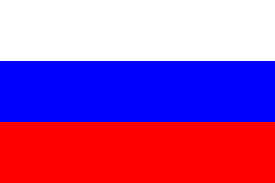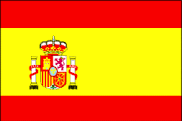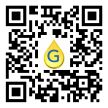
Daniel M. Nathans M.D.
The Nobel Prize in Physiology or Medicine 1978
Nobel co-recipients Werner Arber, Hamilton O. Smith
National Medal of Science - Biological Sciences 1993
Physician, Molecular Biologist - Genetics. Restriction enzymes and their application to molecular genetics. Groundwork for human genome project, drug insulin. Able administrator - high signal-to-noise ratio.
"Valuable internship year in medicine with masterful clinician Robert Loeb; The glimpses of human strength and frailty that a physician sees are still with me."
Humor
People are not the only interesting organism on earth. From the point of view of scientific or commercial value, there are lots of interesting organisms.
Quotations
1. From some quarters has come fear of new knowledge. In our view, however, the future well-being of the human family depends on continuous creativity and new discovery. This is the faith we share with Alfred Nobel.
2. A scientist's greatest reward, Dr. Nathans said, "is seeing your discovery lead to some practical application."
3. Scientific knowledge is cumulative; each individual builds on the accomplishments of others. Recent dramatic advances in genetics, the science of heredity, represent a striking example of this process. As a result of the efforts of many scientists, the hereditary material of every living organism is now open to detailed analysis. In time these studies are likely to lead to an understanding of complex genetic programs that regulate the growth, development, and specialized functions of higher organisms, including man. And based on historic precedent, it is probable that practical benefit will follow from such fundamental knowledge.
4. The "new genetics" of which I speak has also served as a point of interaction between science and society, initiated by scientists themselves. Questions related to benefits and risks of genetic research, the uses of scientific knowledge, and limits to scientific inquiry have been publicly debated in many countries. Out of this dialogue has come the realization that in a democratic society we must put our trust ultimately in the good sense of an informed people; that we - the scientists - must communicate more fully our knowledge, our judgments, and, yes, our human qualities to the public and its elected representatives; and that the press bears responsibility for mature and accurate reporting.
5. "The best preparation for a geneticist of the future is to study physical sciences (physics, chemistry) and mathematics, as well as biology. Don't worry about how much time it will take. The whole journey will be stimulating. If it isn't, choose another interest."--Dan Nathans's reply to an inquiry from a 13- year-old aspiring geneticist in England (1995)
6. He decided to go into medicine, he noted later, because his father "had his heart set on having a physician in the family, and I was his last chance." As Nathans was attracted to the natural sciences, liked what he saw of his family physician's life, and had no firm career plans, he thought medicine would be a good choice.
7. Small science, which includes most research in the life sciences all over the world, is science directed usually by an individual senior scientist and a small team of junior associates, perhaps three, ten, fifteen, something in that order.
Discover Your Abilities and Aspirations!
 $10 $25 $50 $100 Other
$10 $25 $50 $100 Other
Tax Exempt 501(c)3 Non-Profit Organization
Any Currency
“…the peace that is found in libraries and laboratories…” - Louis Pasteur
Copyright © 2023 Ganga Library Inc. All Rights reserved.;
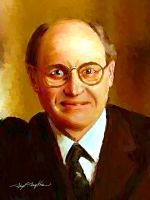
Painting Tim Tompkins PaintHistory.com
Name: Daniel M. Nathans
Birth: 30 October 1928, Wilmington, DE, USA
Death: 16 November 1999, Baltimore, MD, USA
Institution: Johns Hopkins University School of Medicine, Baltimore, MD, USA
Award: "for the discovery of restriction enzymes and their application to problems of molecular genetics"
Subject: Genetics, molecular biology
Portion of cash: 1/3
Biography
Books
Defining Moments
History of Discovery
Hobbies/Interests
Honoring Danial Nathans
Patents
Publications
Work Environment



